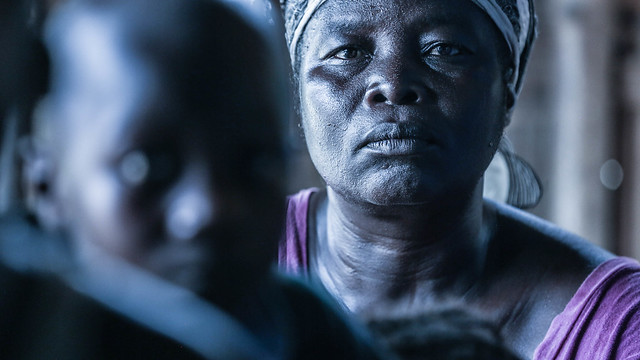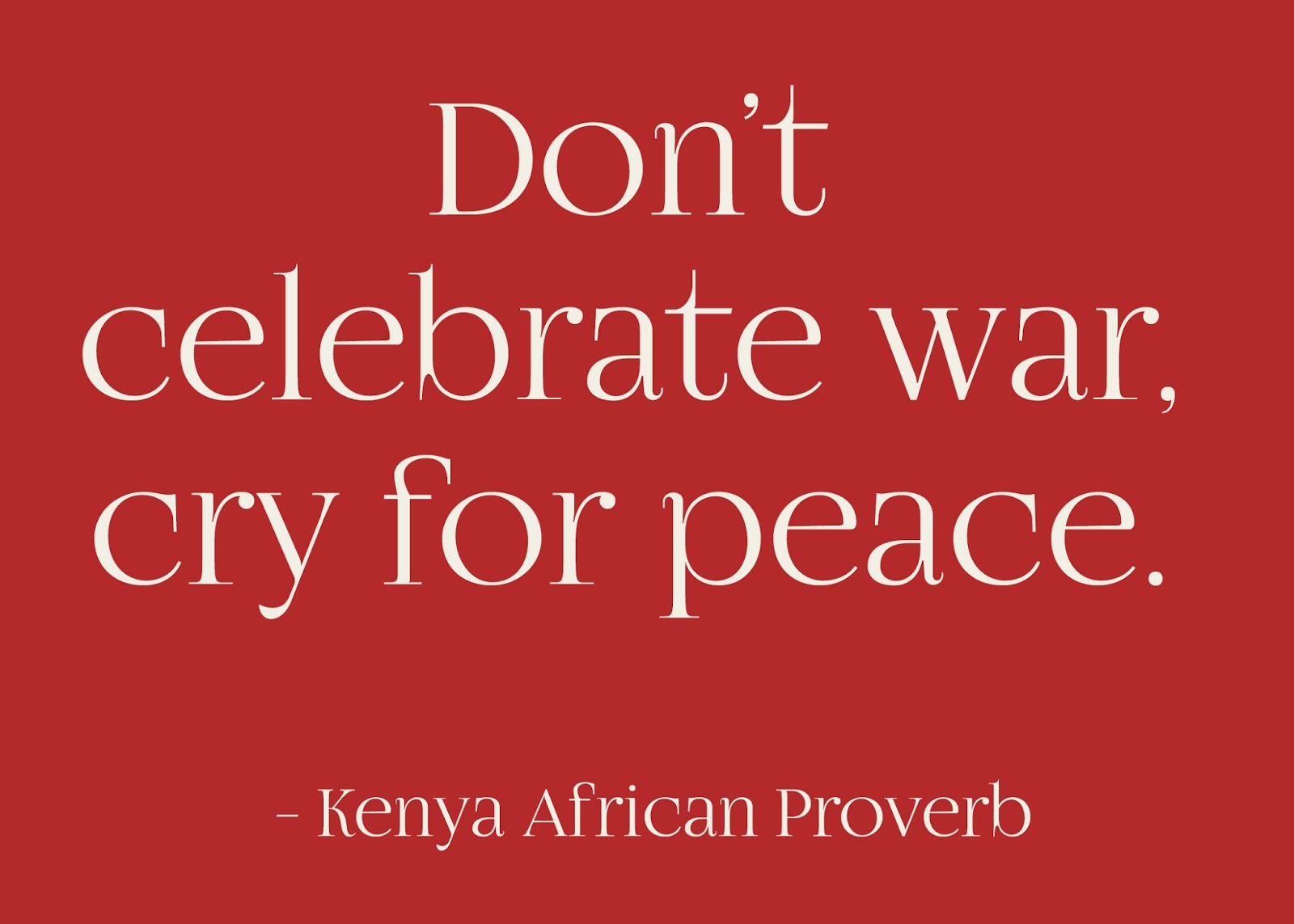African independence mainly took place in the 1960s
African independence, which mainly took place in the 1960s, meant indigenous Africans were finally able to exercise self-government over the territory in which their ancestors, ancestors lived riding the continent of the relics of colonization and apartheid.
On September 9, 1999, 54 African countries, in their quest for unity, economic and social development called for the establishment of an African Union.
The vision of the African Union is that of an integrated, prosperous and peaceful Africa, driven by its own citizens and representing a dynamic force in the global arena.
 |
| African Union Flag |
Listing in alphabetical order of 54 African Independence Dates
Algeria July 1962 from France
Angola November 1975 from Portugal
Botswana September 1966 from Britain
Burkina Faso August 1960 from France
Burundi July 1962 from UN trusteeship under Belgian administration
Cameroon January 1960 from French-administered UN trusteeship
Cape Verde July 1975 from Portugal
The Central African Republic August 1960 from France
Chad August 1960 from France
Congo, the Democratic Republic of the June 1960 from Belgium
Congo, Republic of the August 1960 from France
Cote d'Ivoire August 1960 from France
Djibouti June 1977 from France
Egypt February 1922 from UK protectorate status; the revolution that began on 23 July 1952 led to a republic being declared on 18 June 1953 and all British troops withdrawn on 18 June 1956; note - it was ca. 3200 B.C. that the Two Lands of Upper southern and Lower northern Egypt were first united politically
Eritrea May 1993 from Ethiopia
Ethiopia oldest independent country in Africa and one of the oldest in the world - at least 2,000 years may be traced to the Aksumite Kingdom, which coalesced in the first century B.C.
Gabon August 1960 from France
The Gambia February 1965 from Britain
Ghana March 1957 from Britain
Guinea-Bissau September 1973 declared; 10 September 1974 from Portugal
Kenya December 1963 from Britain
Lesotho October 1966 from Britain
Liberia July 1847
Libya December 1951 from UN trusteeship
Madagascar June 1960 from France
Malawi July 1964 from Britain
Mauritius March 1968 from Britain
Morocco March 1956 from France
Mozambique June 1975 from Portugal
Namibia March 1990 from South African mandate
Niger August 1960 from France
Nigeria October 1960 from Britain
Rwanda July 1962 from Belgium-administered UN trusteeship
Sao Tome and Principe July 1975 from Portugal
Senegal April 1960 from France; note - complete independence achieved upon dissolution of federation with Mali on 20 August 1960
Seychelles June 1976 from Britain
Sierra Leone April 1961 from Britain.
Somalia July 1960 from a merger of British Somaliland that became independent from Britain on 26 June 1960 and Italian Somaliland that became independent from the Italian-administered UN trusteeship on 1 July 1960 to form the Somali Republic.
South Africa May 1910 Union of South Africa formed from four British colonies: Cape Colony, Natal, Transvaal, and Orange Free State; 31 May 1961 republic declared; 27 April 1994 majority rule.
Sudan January 1956 from Egypt and the UK.
Southern Sudan Formal independence on July 9, 2011, from Sudan.
Former Swaziland now eSwatini September 1968 from Britain.
Tanzania April 1964; Tanganyika became independent on 9 December 1961 from UK-administered UN trusteeship; Zanzibar became independent on 19 December 1963 from the UK; Tanganyika united with Zanzibar April 1964 to form the United Republic of Tanganyika and Zanzibar; renamed the United Republic of Tanzania on 29 October 1964.
Togo April 1960 from French-administered UN trusteeship.
Tunisia March 1956 from France.
Uganda October 1962 from Britain.
Zambia October 1964 from Britain.
Zimbabwe April 1980 from Britain.
Explaining the African Union Emblem.
Palm leaves means peace.
Gold circle Africa’s wealth and bright future.
Green circle African hopes and aspirations.
The plain map of Africa without boundaries in the inner circle signifies African unity.
Small red rings African solidarity and the blood shed for the liberation of Africa.
Read Next About: The Dark Continent has two meanings

































